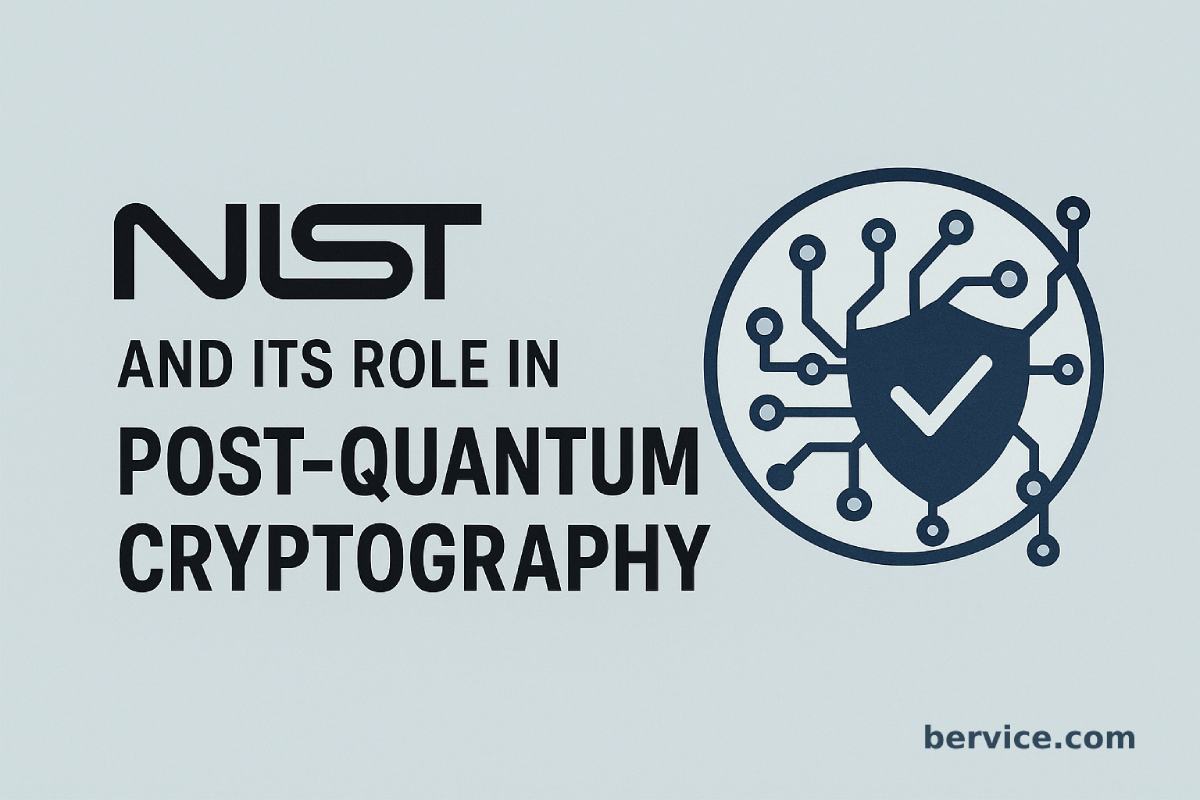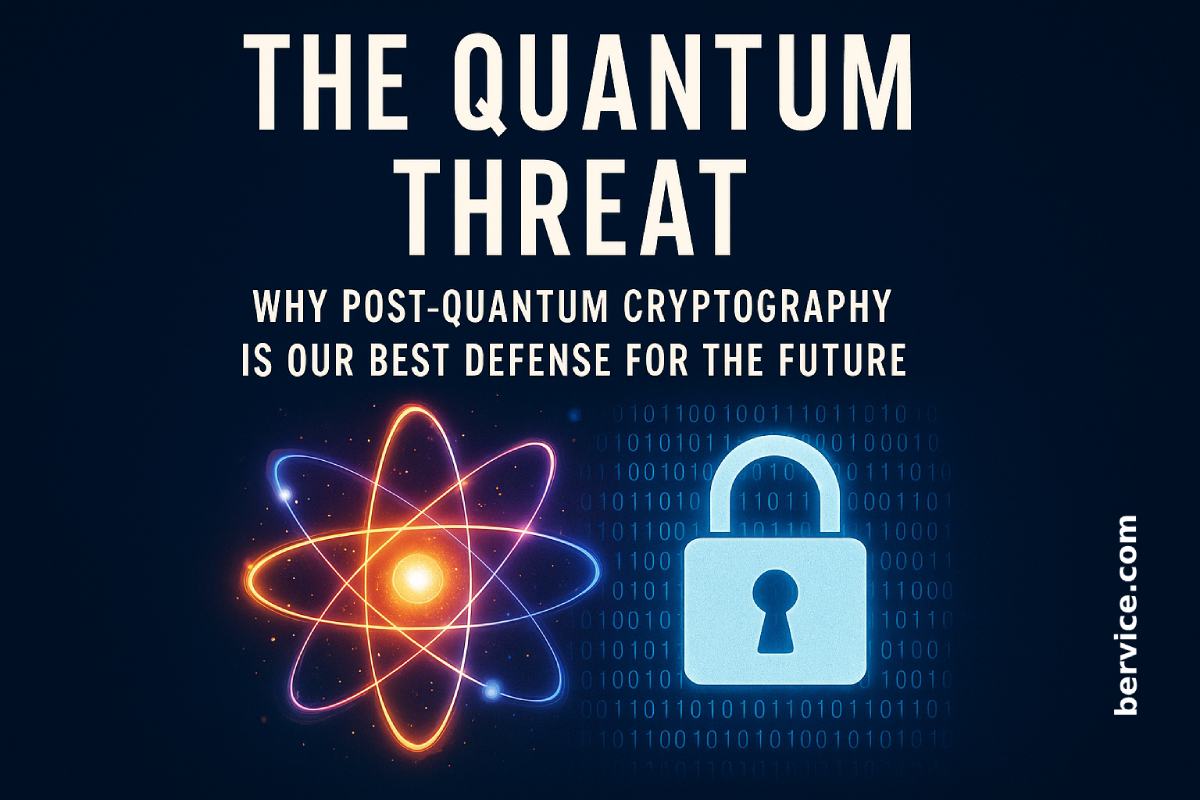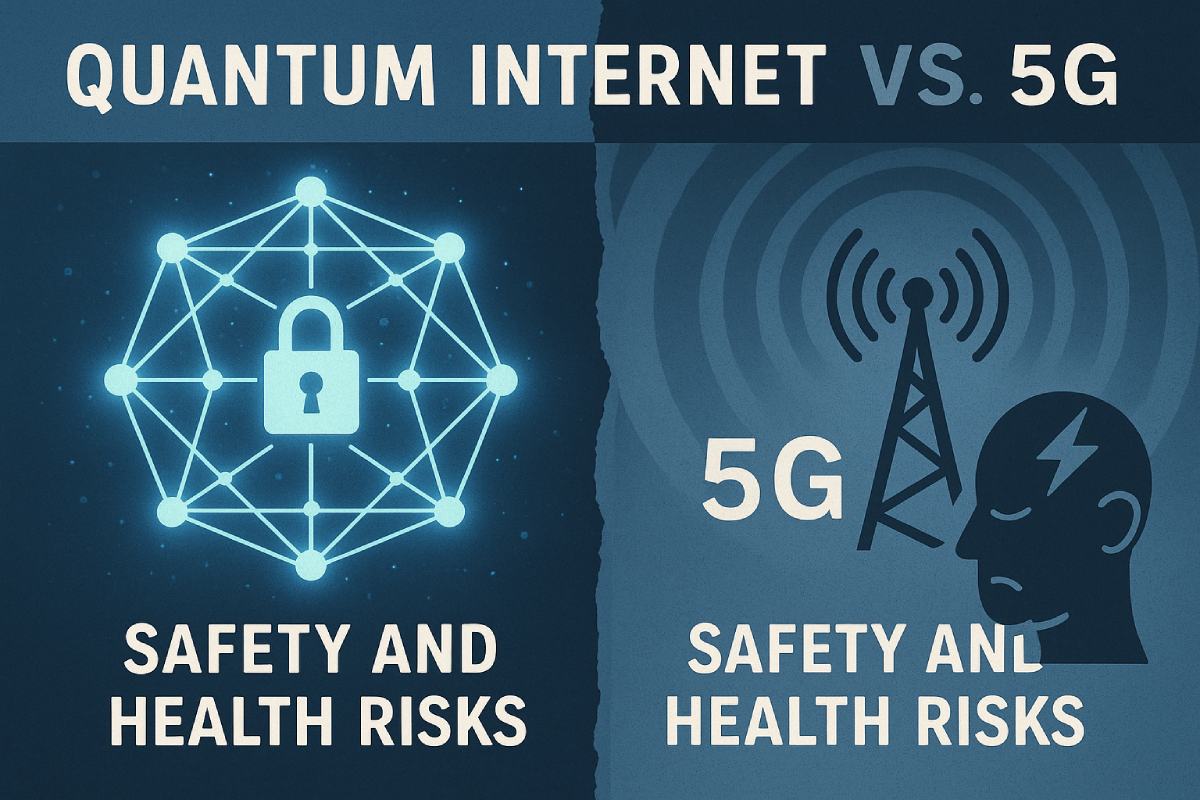-

What is NIST and Its Role in Post-Quantum Cryptography (PQC)?
Introduction: Understanding NIST’s Global Importance The National Institute of Standards and Technology (NIST) is a U.S. federal agency under the Department of Commerce, dedicated to advancing measurement science, standards, and technology. Since its founding in 1901, NIST has played a central role in developing frameworks and standards used across industries—from cybersecurity and cryptography to…
-

First Steps Toward Post-Quantum Security in AWS Infrastructure
As quantum computing continues to evolve, it presents both unprecedented computational power and significant cybersecurity threats. Classical encryption algorithms such as RSA, ECC, and DH—widely used in modern cloud infrastructure—are vulnerable to attacks from sufficiently powerful quantum computers using Shor’s algorithm. To future-proof sensitive data and maintain customer trust, organizations using AWS must begin…
-

The Quantum Threat: Why Post-Quantum Cryptography is Our Best Defense for the Future
As quantum computing continues its steady march toward practicality, the digital infrastructure that secures our global communications, banking, military, and private data is under unprecedented threat. Quantum computers are not just another leap in processing power—they represent a fundamental shift that could render today’s encryption obsolete in a matter of minutes. Preparing for this…
-

Beyond Quantum: How Post-Quantum Cryptography is Securing the Future
🔐 With the rise of quantum computing, traditional encryption may soon become obsolete. But there’s already a new generation of cryptography designed to withstand even quantum threats—welcome to the era of Post-Quantum Cryptography (PQC). The Quantum Threat: Breaking the Unbreakable Today’s internet security relies heavily on classical encryption algorithms such as RSA, AES, and…
-

Quantum Internet vs. 5G: Comparing Safety and Health Risks of Emerging Technologies
As the world races toward a future powered by advanced connectivity, two revolutionary technologies are shaping the global communication infrastructure: 5G networks and the Quantum Internet. While both promise groundbreaking speed, security, and efficiency, concerns regarding their health and environmental impact—especially with 5G—have sparked widespread debate. This article explores the risks associated with 5G…